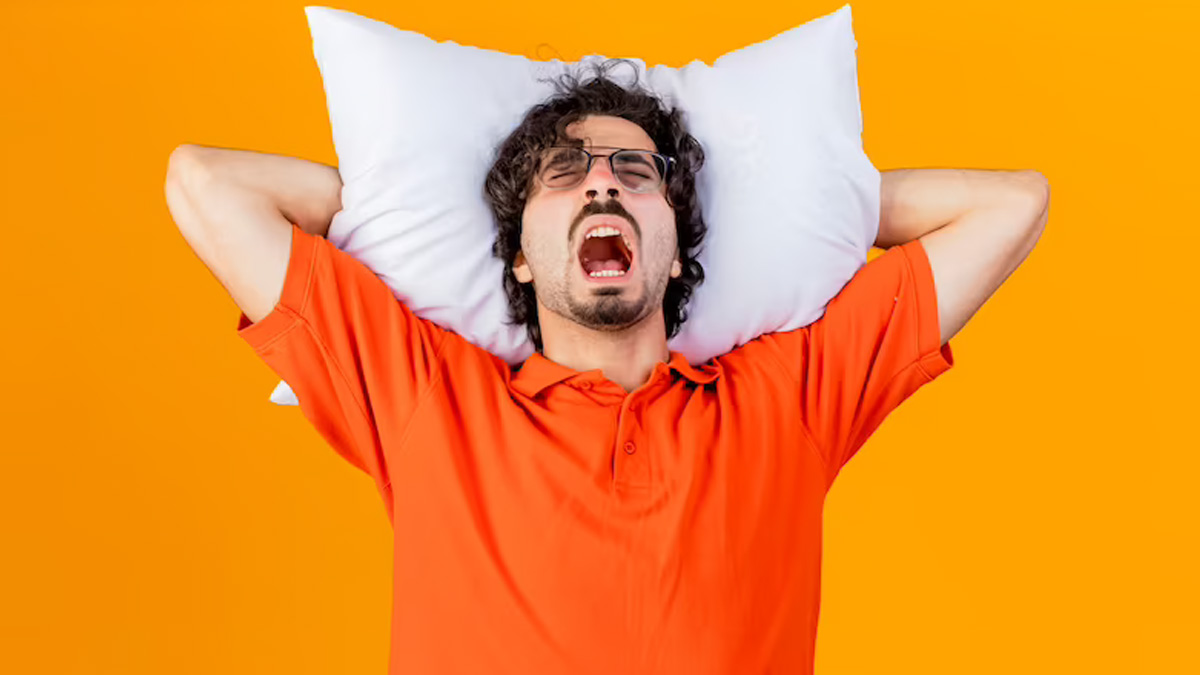
Sleep is an essential part of our lives, and it is critical for our physical and mental well-being. It allows our bodies to rest, recharge and rejuvenate, ready for another day of activities. However, despite getting enough sleep, some people still feel tired, irritable, and fatigued the next day. In this article, we will look at some of the health issues that may indicate that you are not relaxed even after sleep.
Table of Content:-
1. Insomnia
Insomnia is a sleep disorder that is characterised by difficulty falling asleep, staying asleep, or waking up too early. People with insomnia may feel restless and fatigued even after getting an adequate amount of sleep. This condition can be caused by a variety of factors, including stress, anxiety, depression, and certain medications.
2. Sleep Apnoea
Sleep apnoea is a sleep disorder that causes breathing to stop and start repeatedly throughout the night. People with sleep apnoea may wake up feeling tired, irritable, and fatigued, even after getting enough sleep. This condition can cause long-term health problems, such as high blood pressure, heart disease, and stroke, if left untreated.

Also read: 5 Ways Your Diet Affects Your Hair Health
3. Restless Legs Syndrome (RLS)
Restless Legs Syndrome is a condition that causes an irresistible urge to move the legs, especially when lying down. This condition can make it difficult to fall asleep and stay asleep, leading to feelings of fatigue and restlessness even after getting enough sleep. RLS is often linked to iron deficiency, and treating the underlying cause can help alleviate symptoms.
4. Narcolepsy
Narcolepsy is a sleep disorder that causes excessive daytime sleepiness and sudden, uncontrollable episodes of falling asleep during the day. People with narcolepsy may feel tired and fatigued even after getting enough sleep at night, and the condition can significantly impact their daily activities and quality of life.
5. Stress and Anxiety
Stress and anxiety can make it difficult to fall asleep and stay asleep, leading to feelings of restlessness and fatigue even after getting enough sleep. This can create a vicious cycle, as stress and anxiety can cause sleep problems, while lack of sleep can exacerbate stress and anxiety.

Also read: 5 Ways Your Diet Affects Your Hair Health
6. Depression
Depression can also cause sleep problems, including difficulty falling asleep and staying asleep, leading to feelings of fatigue and restlessness even after getting enough sleep. This can make it difficult to manage daily activities and responsibilities, further exacerbating symptoms of depression.
If you are feeling tired, irritable, and fatigued even after getting enough sleep, it is essential to see a healthcare provider. They can help diagnose and treat underlying health issues that may be causing your sleep problems, allowing you to get the restful sleep you need to feel refreshed and revitalised. By addressing any underlying health issues, you can improve your sleep quality and overall well-being.
Also watch this video
How we keep this article up to date:
We work with experts and keep a close eye on the latest in health and wellness. Whenever there is a new research or helpful information, we update our articles with accurate and useful advice.
Current Version
